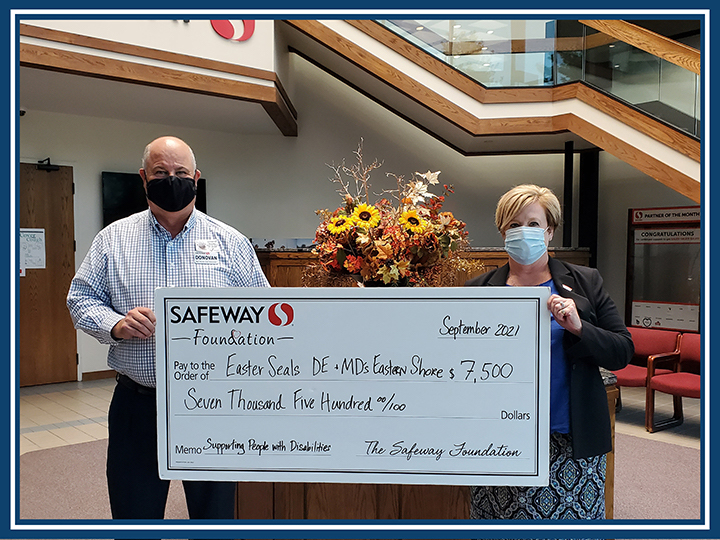Eastern Shore Land Conservancy Releases Comprehensive Sea Level Rise Study
Easton, MD – The Eastern Shore Land Conservancy (ESLC) has released a new report to assist local governments plan for the impacts of sea level rise. Titled “Mainstreaming Sea Level Rise Preparedness in Local Planning and Policy on Maryland’s Eastern Shore,” the report is centered on sea level rise projections for the Chesapeake Bay and its tributaries in the years 2050 and 2100.
The report is available to view and download at www.eslc.org/resilience.
The sea level rise report was written on behalf of the Eastern Shore Climate Adaptation Partnership (ESCAP) – a regional workgroup of local government staff, partners from the State of Maryland, academic institutions, and nonprofits. The ESCAP assists communities in reducing climate vulnerabilities and risks; collects and shares information among communities and decision makers; and educates members, residents, and elected leaders on risks and adaptation strategies. It also serves to raise the visibility and voice of the Eastern Shore and rural regions in conversations about adaptation and resilience.
“This report is important for communities here on the Eastern Shore,” said Jim Bass, ESLC’s Coastal Resilience Specialist. “It describes hazards we need to adapt to, and it gives us a framework to plan for that adaptation.”
Mapping for the project was conducted by the Eastern Shore Regional GIS Cooperative (ESRGC) at Salisbury University. ESRGC developed maps to illustrate sea level rise and the impacts of flooding on Eastern Shore communities, including the estimated number of buildings flooded and the economic impact of flood damage.
The University of Maryland Environmental Finance Center used this information, along with best practices from communities nationwide, to develop recommendations for local governments to consider in their capital improvement planning. The goal of these recommendations is to keep tax-funded projects protected in the face of sea level rise.
Additionally, the Georgetown Climate Center used data from ESRGC, best practices, and stakeholder input to develop policy recommendations and model language for local governments to reference when rewriting codes and ordinances related to planned construction in floodplains and vulnerable coastal communities.
***
~ Eastern Shore Land Conservancy
Eastern Shore Land Conservancy (ESLC) is a 501(c)3 nonprofit land conservation organization committed to preserving and sustaining the vibrant communities of the Eastern Shore and the lands and waters that connect them. More at www.eslc.org.






